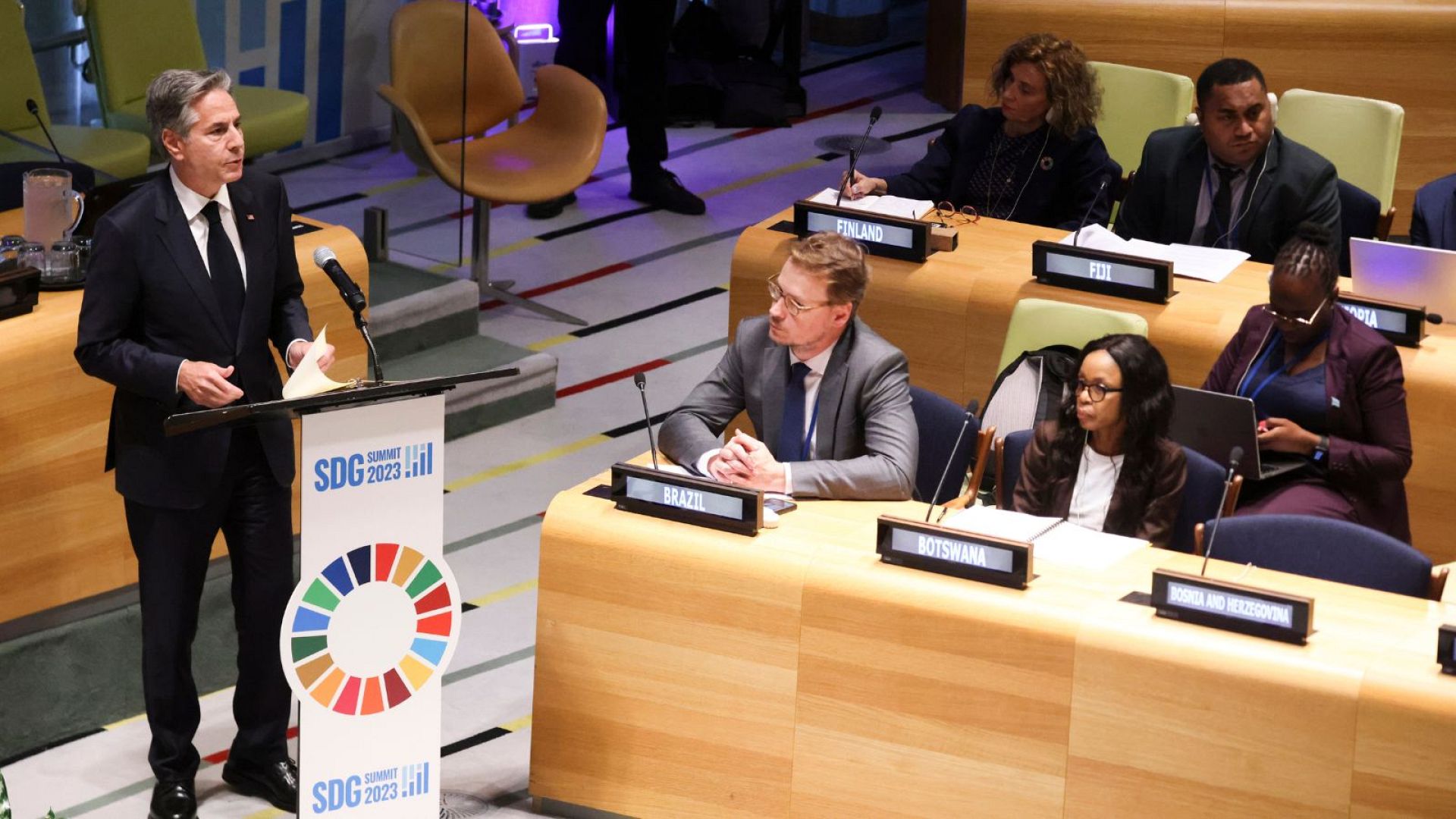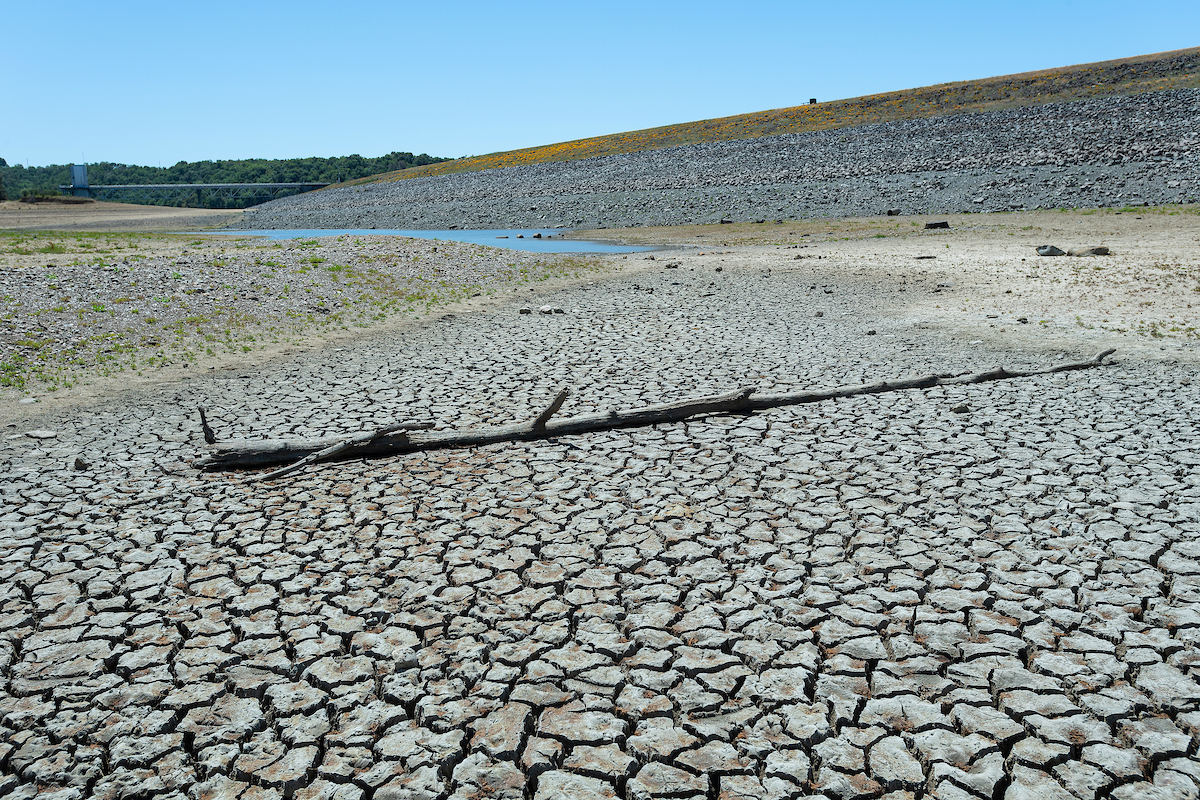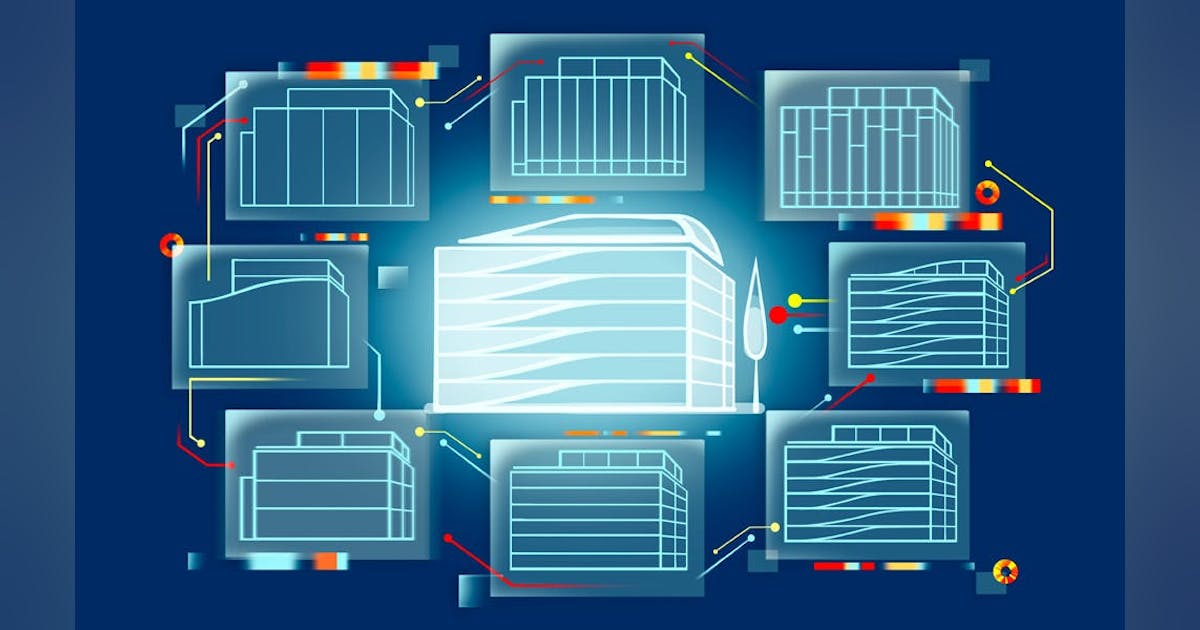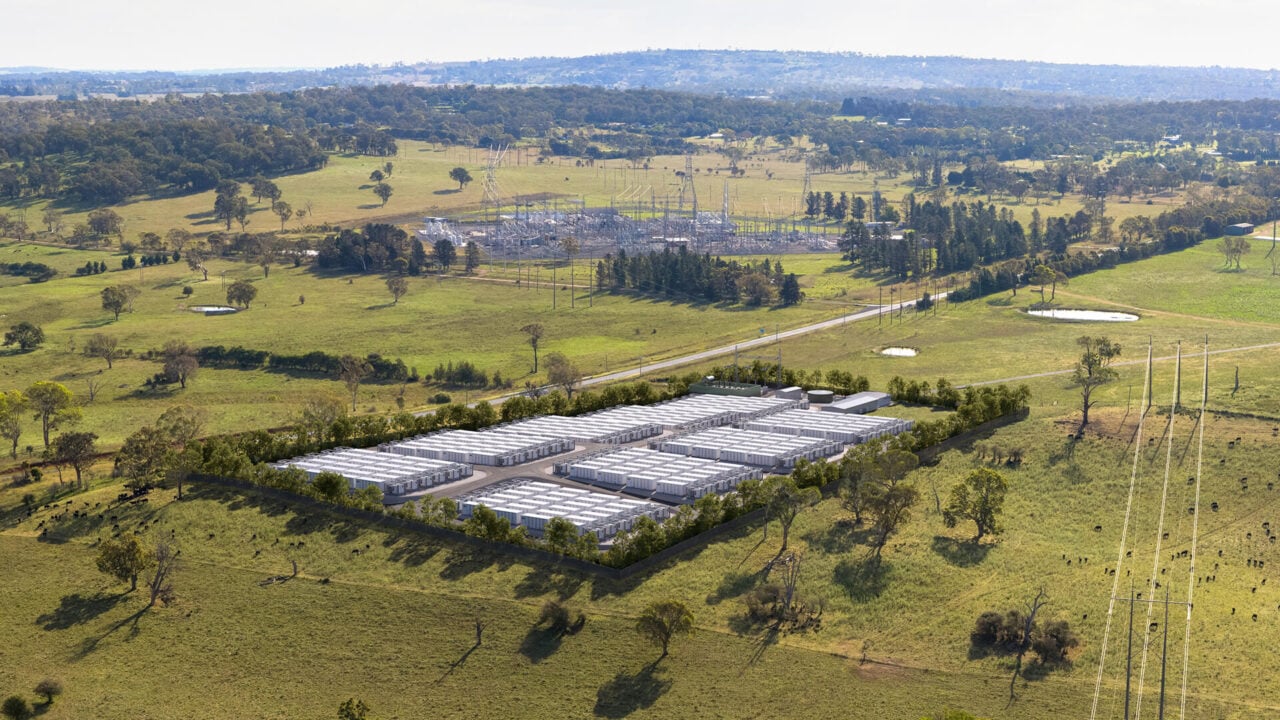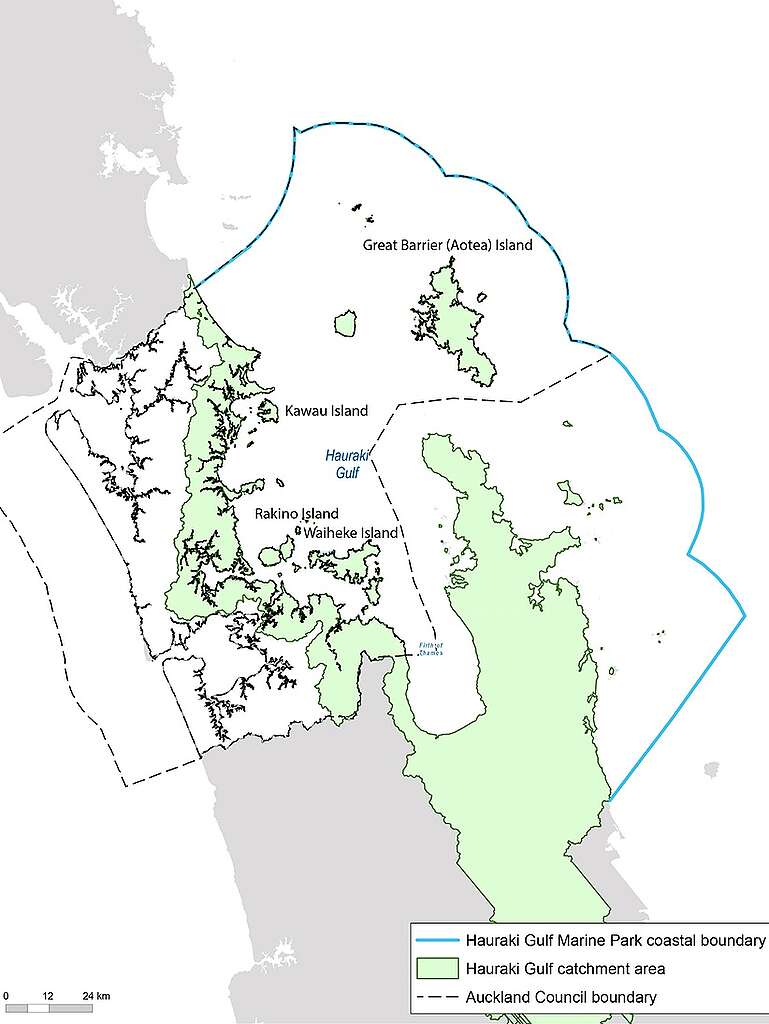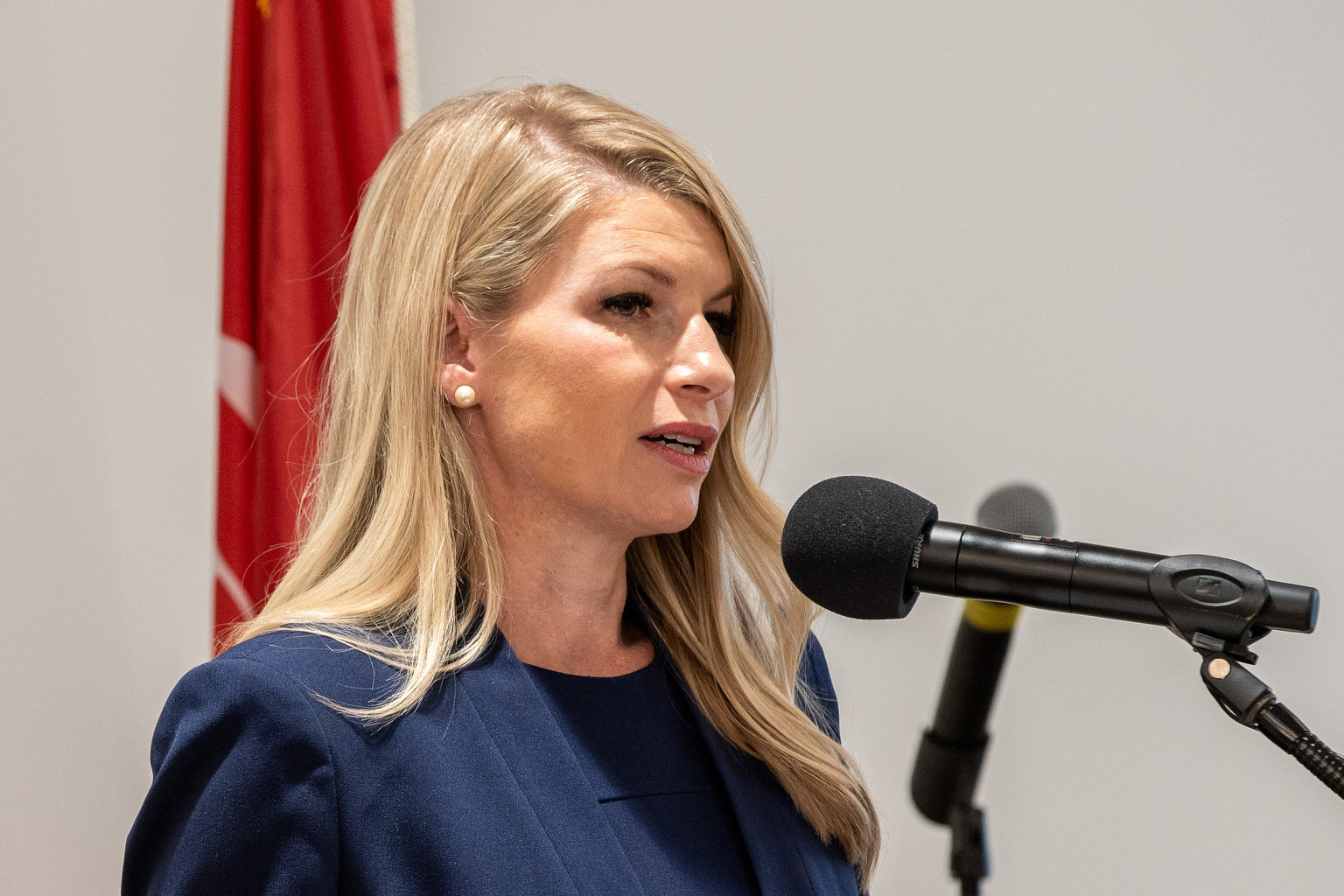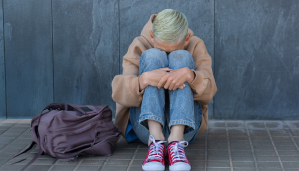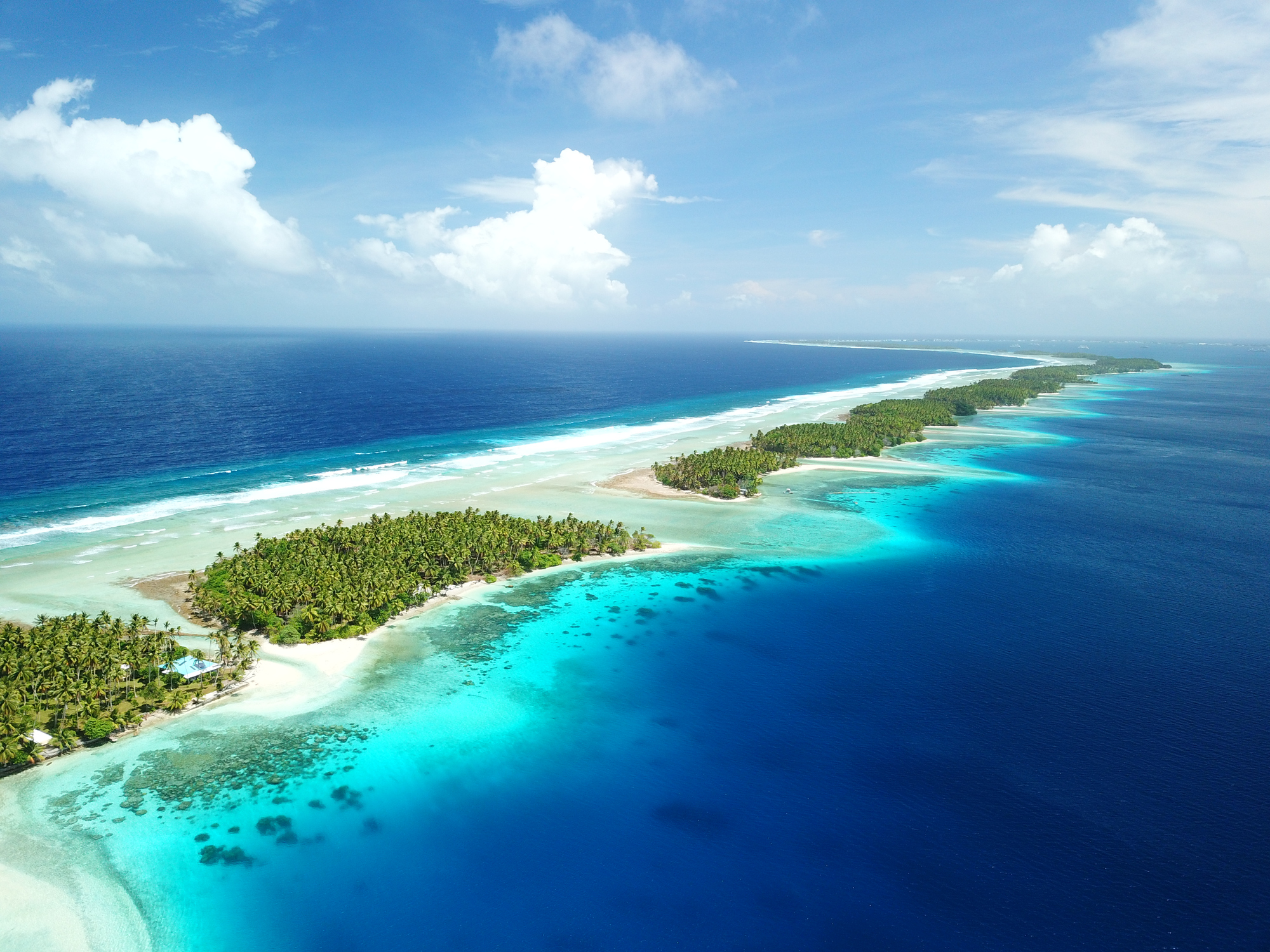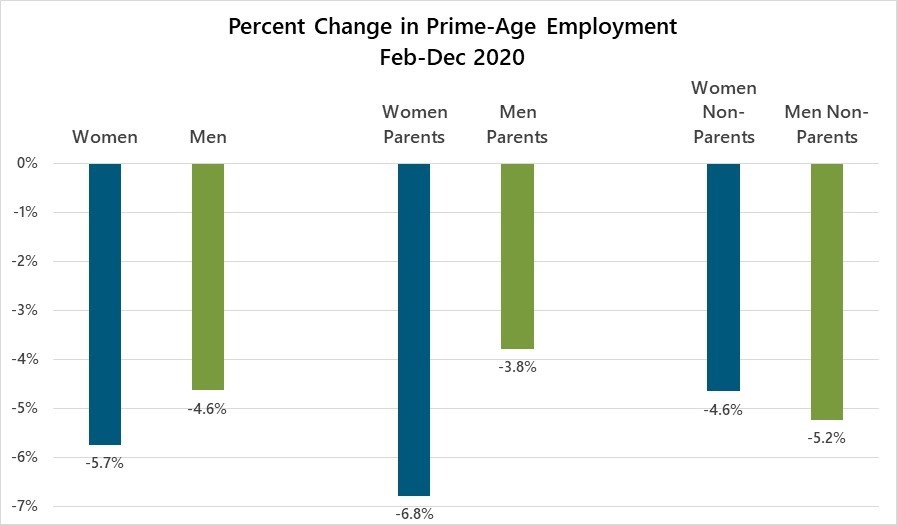ICJ delivers major climate victory for Small Island Developing States – Antigua Observer Newspaper

Report on the International Court of Justice Advisory Opinion on Climate Obligations and its Alignment with Sustainable Development Goals
Introduction and Context
The International Court of Justice (ICJ) has issued a consequential advisory opinion clarifying the legal obligations of states concerning climate change. This report analyzes the ruling’s key findings and its significant implications for the United Nations Sustainable Development Goals (SDGs). The case, initiated by Vanuatu and co-sponsored by Antigua and Barbuda, represents a critical advancement in international environmental law, directly supporting the framework of SDG 13 (Climate Action) by seeking legal accountability for climate protection.
Key Legal Findings and State Obligations
The ICJ’s advisory opinion establishes a robust legal framework for state responsibility in mitigating climate change. The Court addressed states’ obligations to protect the climate system and the legal consequences of causing significant harm, particularly to Small Island Developing States (SIDS) and future generations. The primary findings include:
- Stringent Duty of Care: States have a “stringent” and heightened obligation of due diligence to prevent significant harm to the climate system from greenhouse gas emissions. This reinforces the urgency required under SDG 13.
- Obligations Under International Law: The duty to protect the climate system is grounded in existing international treaties, including the United Nations Framework Convention on Climate Change (UNFCCC), the Paris Agreement, and the United Nations Convention on the Law of the Sea (UNCLOS). This links climate action directly with the protection of marine ecosystems as outlined in SDG 14 (Life Below Water).
- Commitment to Paris Agreement Goals: States must take effective measures to contribute adequately to the global goal of limiting warming to 1.5°C. This includes preparing progressive Nationally Determined Contributions (NDCs) capable of achieving this target.
- Accountability for Fossil Fuels: The Court stated that the continued production, consumption, and subsidization of fossil fuels “may constitute an internationally wrongful act.” This finding provides a legal impetus for the global transition envisioned in SDG 7 (Affordable and Clean Energy).
Implications for Sustainable Development Goals (SDGs)
While the opinion is non-binding, its legal authority provides significant leverage for advancing multiple SDGs. The ruling strengthens the interconnectedness of environmental protection, justice, and international cooperation.
- SDG 13 (Climate Action): The ruling provides a definitive legal interpretation of state obligations, transforming political commitments into actionable legal duties and creating a stronger basis for holding states accountable for climate inaction.
- SDG 16 (Peace, Justice and Strong Institutions): By utilizing the UN’s principal judicial body, the case reinforces the role of international law and strong institutions in addressing global challenges. The opinion strengthens the legal framework for climate justice and accountability.
- SDG 17 (Partnerships for the Goals): The initiative, led by SIDS and supported by the Alliance of Small Island States (AOSIS), exemplifies a powerful partnership to leverage international law for the benefit of the world’s most vulnerable nations, a core principle of SDG 17.
- SDG 10 (Reduced Inequalities): The opinion explicitly acknowledges the disproportionate impacts of climate change on SIDS and the rights of future generations, thereby addressing the deep inequalities exacerbated by the climate crisis.
State Responsibility and Future Litigation
The ICJ clarified that states can be held responsible for failing to regulate emissions from private actors within their jurisdiction. The Court also affirmed that it is scientifically possible to attribute contributions to global emissions, rejecting arguments that liability is impossible to establish.
For future climate litigation seeking reparations, the Court established a two-part test:
- Establishing a scientific link between a specific climate event and anthropogenic climate change.
- Demonstrating the extent to which the damage can be attributed to a particular state’s breach of its international obligations.
This framework provides a pathway for injured states to seek legal recourse, furthering the aims of SDG 16 by providing access to justice on an international scale.
Conclusion
The ICJ’s advisory opinion is a landmark moment for international climate advocacy and the broader sustainable development agenda. It provides a robust legal foundation for accelerating climate action, protecting vulnerable nations, and ensuring accountability. By framing climate change as a legal and existential issue, the ruling powerfully reinforces the urgency and interconnectedness of the Sustainable Development Goals, particularly SDG 13, and strengthens the mechanisms for achieving climate justice for all.
Analysis of Sustainable Development Goals in the Article
1. Which SDGs are addressed or connected to the issues highlighted in the article?
-
SDG 13: Climate Action
- The entire article is centered on climate change, specifically the legal obligations of states to protect the climate system from greenhouse gas emissions. It discusses the Paris Agreement, the goal of limiting global warming, and the role of international law in enforcing climate action, which are the core tenets of SDG 13.
-
SDG 16: Peace, Justice and Strong Institutions
- The article focuses on a legal ruling by the International Court of Justice (ICJ), the UN’s highest judicial body. This directly relates to strengthening international institutions and promoting the rule of law at the international level. The case sought “legal clarity on the obligations of states,” which is a fundamental aspect of justice and strong institutions. The participation of small island states like Vanuatu and Antigua and Barbuda also highlights the goal of ensuring inclusive participation in global governance.
-
SDG 17: Partnerships for the Goals
- The legal action was initiated by Vanuatu and co-sponsored by Antigua and Barbuda, demonstrating a partnership between developing nations to achieve a common goal. The article also mentions the Alliance of Small Island States (AOSIS), a key intergovernmental organization, highlighting the importance of multi-stakeholder partnerships in advocating for climate justice.
-
SDG 14: Life Below Water
- The article explicitly mentions that states’ obligations include those under the United Nations Convention on the Law of the Sea (UNCLOS). This convention is the legal framework for the conservation and sustainable use of oceans, directly linking the climate ruling to the protection of marine environments, which are severely impacted by climate change.
2. What specific targets under those SDGs can be identified based on the article’s content?
-
Under SDG 13 (Climate Action):
- Target 13.1: Strengthen resilience and adaptive capacity to climate-related hazards and natural disasters in all countries. The article highlights the case was brought forward to address the disproportionate impacts on “small island developing states” which are particularly vulnerable to climate hazards.
- Target 13.2: Integrate climate change measures into national policies, strategies and planning. The ICJ ruling clarifies that states have a “stringent” duty to prevent harm and must take measures to achieve the Paris Agreement’s goals, effectively mandating the integration of climate action into state policy.
- Target 13.a: Implement the commitment undertaken by developed-country parties to the United Nations Framework Convention on Climate Change (UNFCCC). The article explicitly references obligations under the UNFCCC and the Paris Agreement as central to the court’s ruling.
-
Under SDG 16 (Peace, Justice and Strong Institutions):
- Target 16.3: Promote the rule of law at the national and international levels and ensure equal access to justice for all. The ICJ’s advisory opinion is a direct exercise in promoting and clarifying the rule of law at the international level regarding climate obligations.
- Target 16.8: Broaden and strengthen the participation of developing countries in the institutions of global governance. The article shows small island developing states (Vanuatu, Antigua and Barbuda) successfully using the ICJ, a key institution of global governance, to advance their interests and seek accountability.
-
Under SDG 17 (Partnerships for the Goals):
- Target 17.14: Enhance policy coherence for sustainable development. The ICJ’s ruling, by clarifying legal obligations across various international treaties (UNFCCC, Paris Agreement, UNCLOS), works to create greater coherence in how international law is applied to climate change and sustainable development.
-
Under SDG 14 (Life Below Water):
- Target 14.c: Enhance the conservation and sustainable use of oceans and their resources by implementing international law as reflected in the United Nations Convention on the Law of the Sea. The ruling reinforces that states’ obligations to protect the climate system are also bound by international treaties like UNCLOS.
3. Are there any indicators mentioned or implied in the article that can be used to measure progress towards the identified targets?
-
Indicators for SDG 13 Targets:
- Limiting global warming to 1.5 degrees Celsius: The article explicitly mentions the goal of “limiting global warming to 1.5 degrees Celsius above preindustrial levels” as a key part of the Paris Agreement that states must contribute to.
- Nationally Determined Contributions (NDCs): The ruling states that countries must prepare and maintain “successive and progressive nationally determined contributions,” which are the primary instruments for measuring state commitments under the Paris Agreement.
- Greenhouse Gas Emissions Data: The article notes that “it is scientifically possible to determine each State’s total contribution to global emissions, taking into account both historical and current emissions.” This implies that tracking and reporting national emissions is a key indicator of compliance.
- Fossil Fuel Subsidies: The court’s statement that the “continued production, consumption, and provision of fossil fuels subsidies ‘may constitute an internationally wrongful act'” implies that the reduction or elimination of these subsidies is a measurable indicator of progress.
-
Indicators for SDG 16 Targets:
- Adherence to international court rulings: The issuance of the ICJ’s advisory opinion serves as an indicator of a functioning international justice system. Future state actions in response to this ruling will measure adherence to the international rule of law.
4. Table of SDGs, Targets, and Indicators
| SDGs | Targets | Indicators |
|---|---|---|
| SDG 13: Climate Action |
|
|
| SDG 16: Peace, Justice and Strong Institutions |
|
|
| SDG 17: Partnerships for the Goals |
|
|
| SDG 14: Life Below Water |
|
|
Source: antiguaobserver.com

What is Your Reaction?
 Like
0
Like
0
 Dislike
0
Dislike
0
 Love
0
Love
0
 Funny
0
Funny
0
 Angry
0
Angry
0
 Sad
0
Sad
0
 Wow
0
Wow
0























